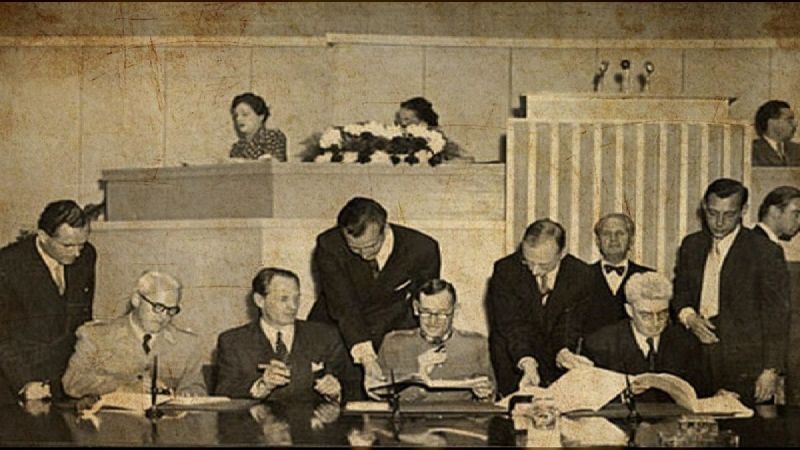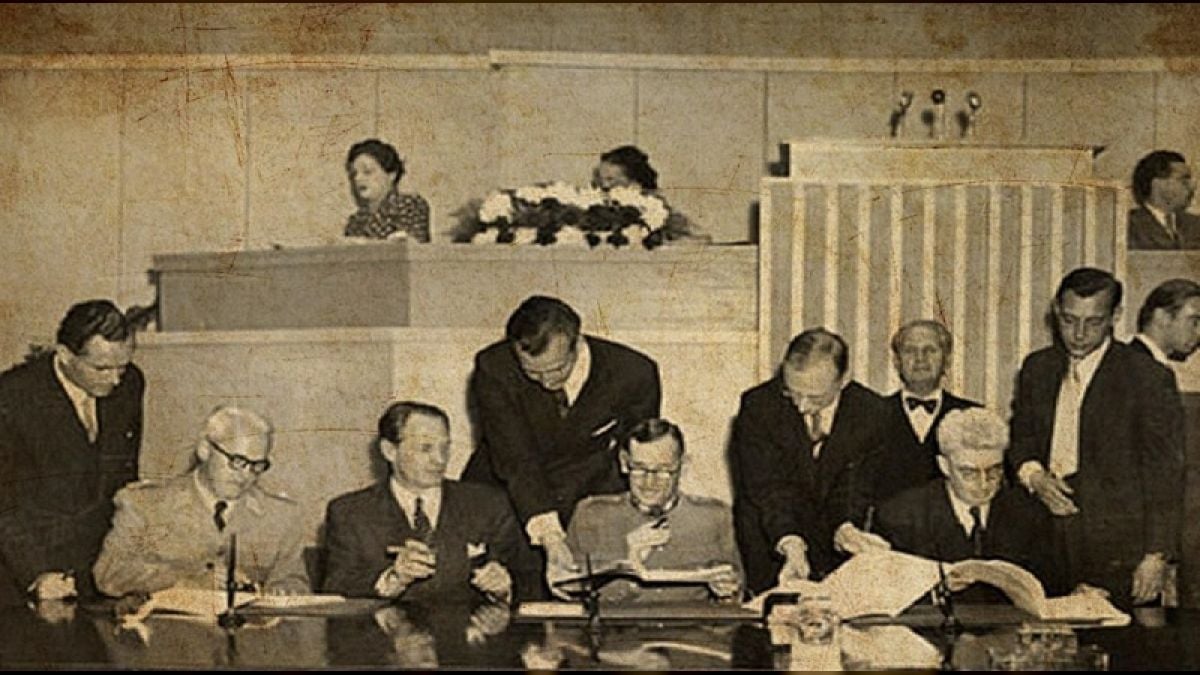Geneva Agreement of 1966: The Venezuelan Sun rises in the Essequibo!


Internet

Published at: 17/02/2025 08:00 AM
On February 17, 1966, the Geneva Agreement was signed to resolve the border dispute between Venezuela and British Guiana.
Before the United Nations Organization and the International Community, Venezuela denounced the Paris Award as null and void and began the negotiation process, which represents the Geneva Agreement.
On October 3, 1899, when the border line between Venezuela and Guyana was established, the Arbitration Treaty of February 2, 1897 represented the legal basis for this boundary ruling. In this way, the treaty of February 17, 1966, becomes the instrument that regulates the claim of sovereignty in Essequiba Guiana.
The Geneva Agreement does not invalidate the 1899 Award, however, it expresses Venezuelan dissatisfaction with regard to the border crime between Venezuela and British Guiana.
Currently, the National Government has reiterated its commitment to defend Venezuelan territory through the Special Commission for the Defense of Guiana Essequiba and Territorial Sovereignty installed by the National Assembly.
Through a sovereign, patriotic and respectful policy promoted by the President of the Bolivarian Republic of Venezuela, Nicolás Maduro, the Geneva Agreement is maintained with the objective of seeking a peaceful solution and resolving the agreement.
Mazo News Team